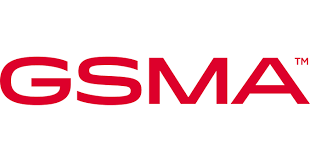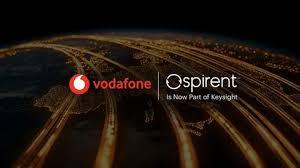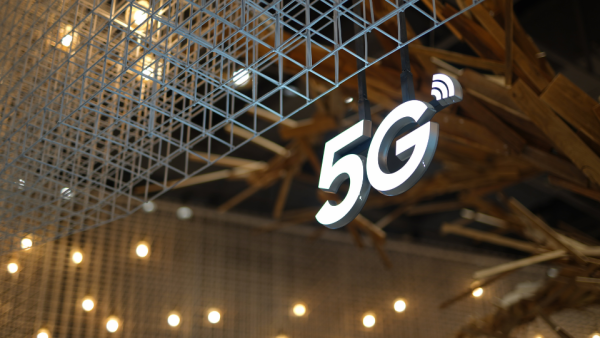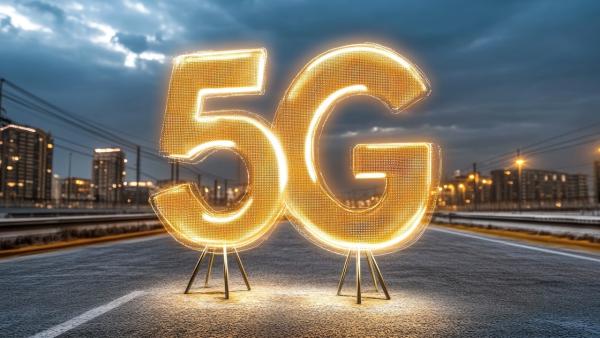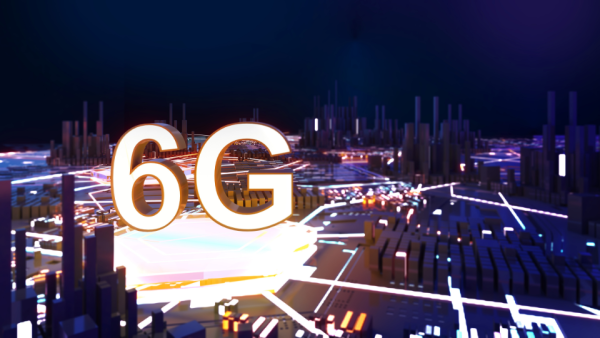Written by Mary Lennighan for Telecoms.com

The South Korean government has imposed fines on the country’s three mobile network operators for publishing inflated claims about the capabilities of their 5G services.
The Korean Fair Trade Commission on Wednesday announced that in its view SK Telecom, KT Corp and LG U+ have “falsely exaggerated or deceptively advertised” the speed of 5G services, including their own offerings, and as such it is slapping them with a financial penalty.
The size of the fines is not huge, totalling 33.6 billion won (US$25.5 million), provisionally, that is. But the move is noteworthy, not least because it demonstrates to those of us in the West that one of the world’s leading 5G markets and a perennial frontrunner in mobile technology in general, is not immune from the temptation to overplay new services in a bid to attract customers.
In particular, the FTC objected to the telcos advertising 20 Gbps services on 5G, despite the fact that such a speed cannot be achieved in the real world environment, it explained in a Korean language statement. The telcos gave the impression that consumers could actually use a 20 Gbps service, even though that is only a theoretical maximum speed, the FTC said. Further, they each claimed to have the fastest 5G speeds, without providing any evidence to support those claims, it added, sharing examples of various ads from the operators.
Amongst other things, the regulator pointed out that at the time of the adverts, which seem to have aired a couple of years ago at least, the average speed on the telcos’ 5G networks was in the region of 656 Mbps to 801 Mbps, or 3%-4% of the 20 Gbps claim.
The FTC is treating the case seriously, noting that this is the first case in which telcos have been pulled up on illegally advertised network speeds. Speed is a key performance indicator in telecoms, “where information asymmetry between operators and consumers is high,” the FTC said, translation courtesy of Google. This type of misinformation occurs whenever there is a shift in mobile technology generations, the FTC said, and clearly it has now decided to do something about it.
While the fines might not be of life-changing amounts for telecoms operators the size of SKT, KT and LG U+, they are nonetheless the second-largest ever imposed by the FTC for illegal advertising.
South Korea has a big 5G market, relative to most other countries. As of March, there were 29.6 million 5G subscribers, out of a total mobile base of just over 78 million, the FTC said, citing data from the Ministry of Science and ICT. Market leader SKT accounts for 47.8% of 5G subscriptions, followed by KT with 30% and LG U+ with 21.5%; MVNOs serve less than 1% of the total.
The fines seem to mirror the shape of the market: SKT is to pay KRW16.83 billion, KT KRW13.93 billion, and LG U+ KRW2.85 billion. However, the FTC points out that the final figure could be adjusted before the final reckoning as it looks at related sales figures.
Again, these are not massive sums of money for telcos with tens of millions of customers. But it’s interesting that note that telco behaviour is very similar the world over when it comes to seeking to attract new customers or upgrade existing ones. Further, the FTC’s decision comes fairly hot on the heels of the government’s move to cancel the three telcos’ 28 GHz licences – KT and LG U+ at the back end of last year and SKT just recently – due to their failure to meet rollout requirements.
All in all, South Korea may not be the land of 5G plenty that we often believe it to be.
Click here to read the original article.


